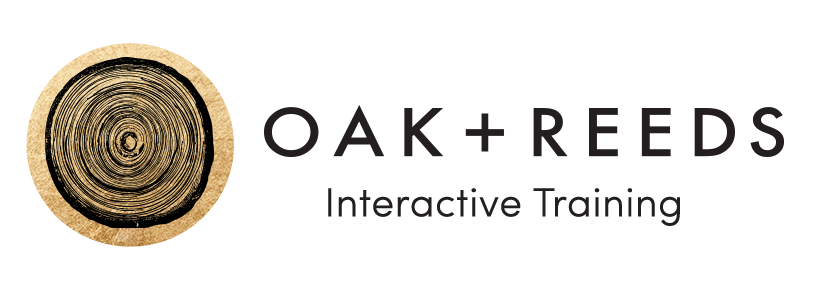How many times have you had this conversation?
“Hi, I’m Dave.”
“I’m Jess. How are you doing?”
“Good! You?”
“Can’t complain.”
[pause]
“Crazy traffic today, huh?”
“Terrible!”
[pause]
No one likes small talk. But we resort to it in so many business scenarios, whether it’s during job interviews, at networking events, or in the office kitchen. We end up having the same surface-level conversations on default topics like traffic and the weather over and over again. And they don’t do anything to establish a meaningful connection with people who could help advance your career.
There has to be a better way to approach these interactions.
Improving active listening and empathy skills will help you better bond with your colleagues and have more memorable exchanges.
And being memorable is valuable; you’ll stand out from the crowd of people making banal jokes about weak coffee. You’ll also see better follow-up results – referencing a specific conversation in your note or in the email subject line will increase your chances of getting a response.
The connections you create at these business events will help you grow a wide network of strong professional relationships, which ultimately results in better career or sales opportunities.
Partner up and try out the below exercise in your next team meeting to help strengthen your active listening and empathy skills.
Let’s Practice: Two-Minute Reflection
Context:
This exercise is a great way to build relationships with those you work with.
It’s especially useful when a colleague approaches you with a problem. Instead of delivering advice right away, use this as an opportunity to practice active listening and reflecting.
Set up the exercise by telling your colleague you’d like to take a few minutes to try out a listening technique. Emphasize that you’re not trying to solve their problem right away; instead, you’re helping them explore the issue by reflecting on how they describe it.
Instructions:
You say: “In two minutes, I’d like you to describe a challenge you’re currently facing. Describe it in whatever way makes the most sense to you.”
Your colleague describes the challenge.
After two minutes, you then reflect back:
A brief summary of the challenge in your own words
What your colleague cares about most
Your colleague’s personal or professional values
Switch roles and repeat.
Debrief Questions:
How accurate was your reflection? What did you miss? What did you add?
Did the way you described your partner’s challenge highlight or reframe their challenge in a helpful way?
Did you catch yourself wanting to provide solutions?

